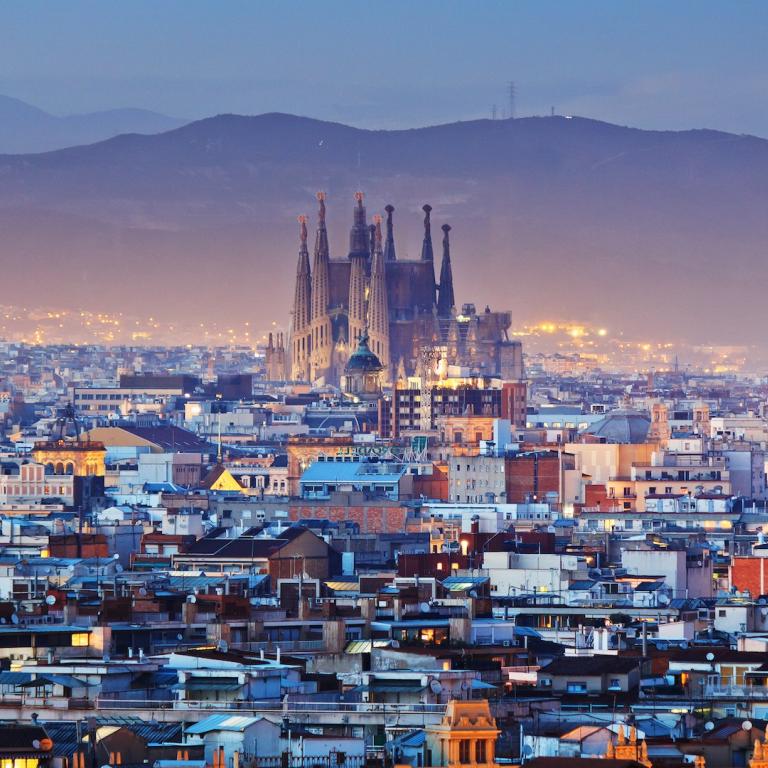Ruben Enikolopov - Barcelona Institute of Political Economy and Governance
Do new communication technologies, such as social media, reduce collective action problem? This paper provides evidence that penetration of VK, the dominant Russian online social network, affected protest activity during a wave of protests in Russia in 2011. As a source of exogenous variation in network penetration, we use information on the city of origin of the students who studied together with the founder of VK, controlling for the city of origin of the students who studied at the same university several years earlier or later. We find that a 10% increase in VK penetration increased the probability of a protest by 4.6%, and the number of protesters by 19%. Additional results suggest that social media has affected protest activity by reducing the costs of coordination, rather than by spreading information critical of the government. In particular, VK penetration increased pro-governmental support and reduced the number of people who were ready to participate in protests right before the protests took place. Also, cities with higher fractionalization of network users between VK and Facebook experienced fewer protests. Finally, we provide suggestive evidence that municipalities with higher VK penetration received smaller transfers from the central government after the occurrence of protests.
